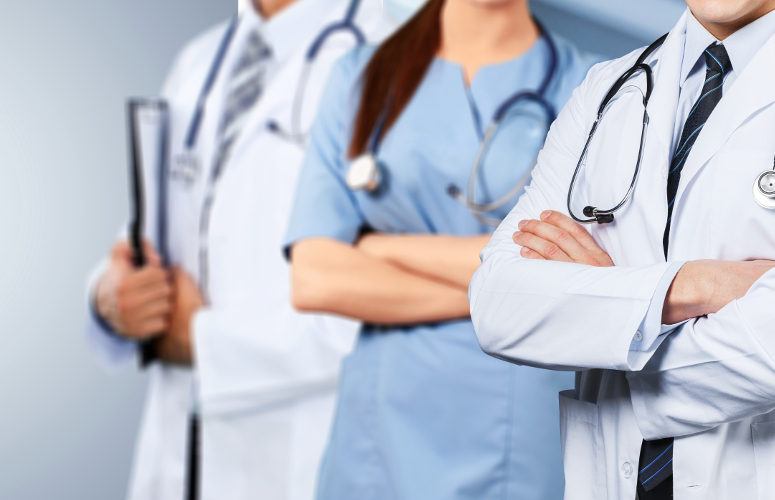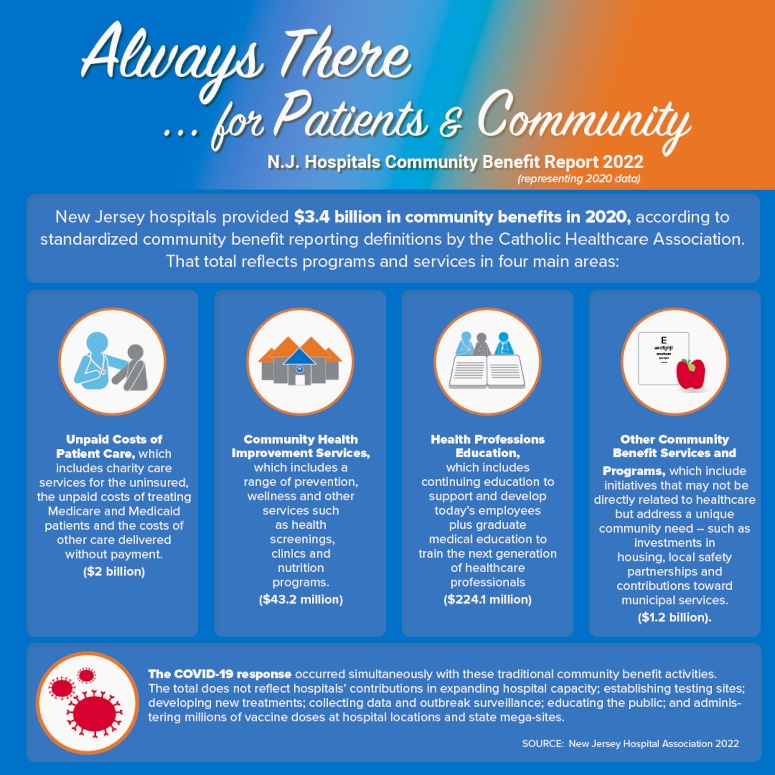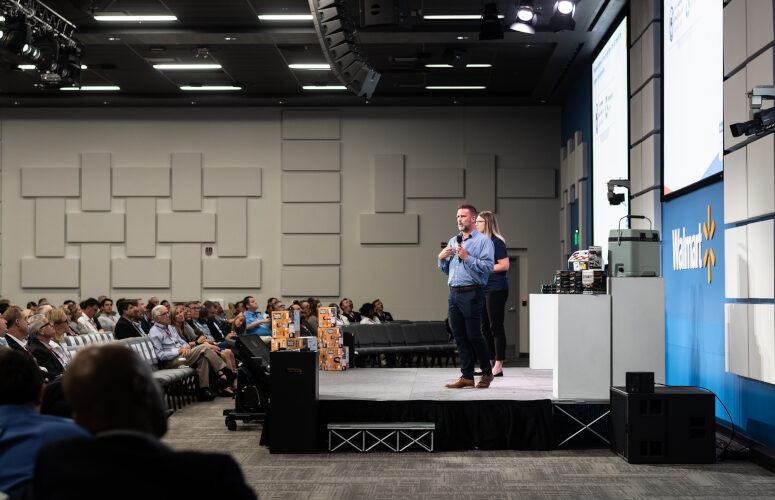
NJ Hospitals Deliver $3.4 Billion in Community Benefit Programs
On Oct 25, 2022In the worst public health crisis in a century, New Jersey hospitals and their employees saved lives, protected their communities through vaccination and continued to provide $3.4 billion in additional community benefits including food assistance, mental health support and free and discounted care.
Those are among the findings in Always There for Patients & Community, a report from the New Jersey Hospital Association on hospitals’ community benefit contributions during 2020, the pandemic’s first year.
The year’s community benefit total shows that more than 26 million NJ residents were served through $3.4 billion in free and discounted care and a multitude of other programs to support community health.
Beyond that total is a massive investment by New Jersey hospitals in responding to COVID-19 when it arrived in the state in March 2020. Because community benefit reporting is based on standardized definitions, hospital efforts to expand bed capacity, open testing sites, educate community members and vaccinate New Jerseyans are not captured in the totals.
The state’s hospitals have successfully discharged 140,000 COVID patients since the start of the pandemic in 2020. As one of the first states to be hit with COVID, New Jersey hospitals and their care teams were at the forefront in honing COVID care and treatment protocols. Their expertise plus a statewide vaccination blitz increased the COVID survival rate in New Jersey from 73.6% in April 2020 to 96.1% in June 2022 – the equivalent of 19,000 deaths averted.
“It’s impossible to measure the value of those 140,000 lives returning to their loved ones, their homes, their jobs. It’s part of the commitment of New Jersey hospitals and their employees to serve and protect their communities,” said NJHA President and CEO Cathy Bennett.
The report also reflects the following statewide tallies of hospital community benefit:
- $2 billion in unpaid costs of care delivered to patients, which includes charity care for the uninsured, the unpaid costs of treating Medicare and Medicaid patients and the costs of other care delivered without receiving payment
- $43.2 million in community health improvement services, which include prevention, wellness and other services such as nutrition programs, clinics and health screenings
- $224.1 million in health professions education, which includes continuing education for today’s employees and graduate medical education for the next generation of healthcare professionals
- $1.2 billion in other community benefit programs, which includes initiatives that respond to a local need, such as investments in housing, local safety partnerships or contributions to municipal services or community groups.
- These totals are based on reports from 90% of the state’s nonprofit hospitals and then extrapolated to reflect 58 nonprofit hospitals in the state.
“Hospitals are anchors in their communities in countless ways – 24/7 access to healthcare services; billions of dollars in unpaid care to the poor and uninsured; 150,000 reliable well-paid jobs; and millions of dollars invested in social determinants of health,” said Bennett. “Hospitals’ support helps relieve government’s burden while also fulfilling their commitment to building healthy communities.”
View the full report, and a photo gallery of hospitals’ community benefit programs, at www.njha.com/community-benefit-2022/
To access more business news, visit NJB News Now.
Related Articles:






